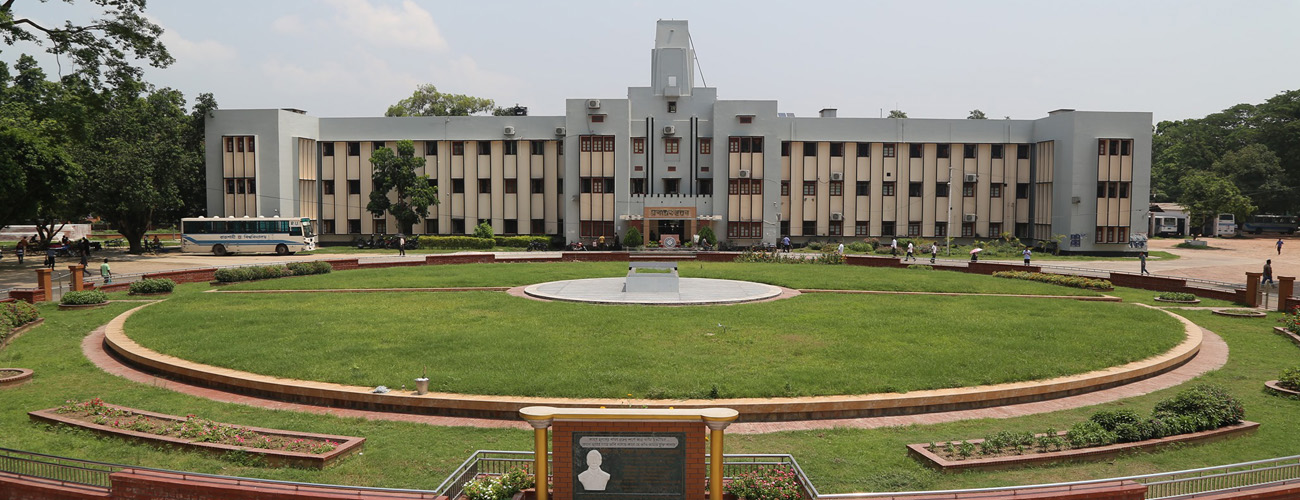Master of Social Science (M.S.S.) in Social Work
Master of Social Science (M.S.S.) in Social Work
SYLLABUS
INTRODUCTION
The key purpose of this postgraduate programme is to provide students with an intellectually exciting, challenging and contemporary curriculum in social research, social development and social work. The programme offers an opportunity to learn advance social work and share practical experiences. It also provides the skills, academic knowledge and conceptual frameworks for those who intend to carry out higher education (e.g. for an MPhil or PhD) in the field.
PROGRAM AIMS
During this whole syllabus we aim to introduce you to the theories, philosophies and paradigms of social development and social work practice. By the end of the programme we would expect students to demonstrate a grasp of the theory and methodology, techniques, as well as their strengths and the limitations in all of these areas. It also pays attention to the skills of managing research projects.
There are a number of things that we expect students be able to achieve by the end of the program. These are stated as ‘learning outcomes’ of each courses
COURSE STRUCTURE
The duration of the M.S.S program will be one academic year. Total marks of the program shall be 600, which will be equal to total 36 credits.
Basically, there will be two separate groups in the M.S.S. program, i.e., ‘Thesis Group’ and ‘General Group’. However, general Group will be divided into two streams: such as ‘General Group-A’ and ‘General Group-B’.
Students of ‘Thesis Group’ will be required to select 6 courses either from the courses under ‘General group-A’ or from the courses under ‘General group-B’. Besides, they will have to take a thesis paper carrying 150 marks of which 50 marks will be allotted for viva-voce examination on the thesis. The viva-voce examination will be held after the submission of the thesis. The students will have to prepare a thesis under the guidance of a teacher of the department. Students securing CGPA 3.25 in Honours final examination will be allowed to offer thesis.
Students of both General Group-A and General Group-B will have to take eight (8) courses from their respective group exclusively. General group students will have to carry out a research carrying 50 marks of which 30 marks will be on the research report and 20 marks will be on research seminar presentation.
Besides, all students will be placed in fieldwork carrying 100 marks, of which 60 marks will be on field practice report and 40 marks on viva-voce examination. In addition, all students will have to take part in Tutorial and Viva-voce examinations on theoretical courses carrying 25 and 25 marks, respectively.
COURSE DESCRIPTION
Course No. SW- 501: Human Services Management
Course No. SW-502: Planning, Development and Social Work
Course No. SW-503: Poverty Analysis and Social Work
Course No. SW-504: Advanced Social Research
Course No. SW-505: Social Statistics and Quantitative Analysis
Course No. SW-506: Social Work with Community: Rural and Urban Settings
Course No. SW- 507: Social Work Practice in Medical and Psychiatric Settings
Course No. SW-508: Population Dynamics and Population Problems
Course No. SW – 509: Environmental Management
Course No. SW- 510: Labour Welfare and Industrial Relations
Course No. SW-511: Women Welfare and Women Emancipation
Course No. SW- 512: International Social Work and Global Development
Course No. SW- 513: Victimology and Restorative Justice
Course No. SW-521: Crime, Correction and Social Work Practice
Course No. SW-522: Social Work and Urban Resources Management
Course No. SW – 523: Social Work with Family and Children
Course No. SW- 524: Youth Welfare
Course No. SW- 525: Rural Development: Past Efforts and Contemporary Trends
Course No. SW- 526: Geriatric Welfare
Course No. SW- 527: Welfare for the Disabled
Course No. SW- 528: Clinical Social Work
Course No. SW 529: Domestic Violence: Theory and Intervention
Course No. SW- 530: Counselling and Social Work
Course No. SW- 531: Human Resources Management
Course No. SW- 532: Qualitative Research in Social Work

